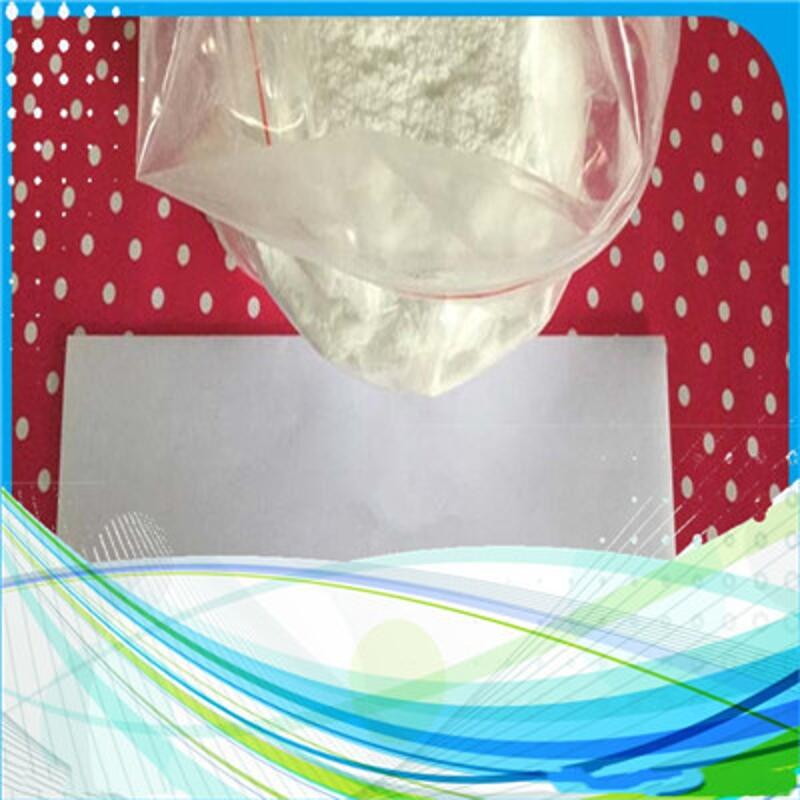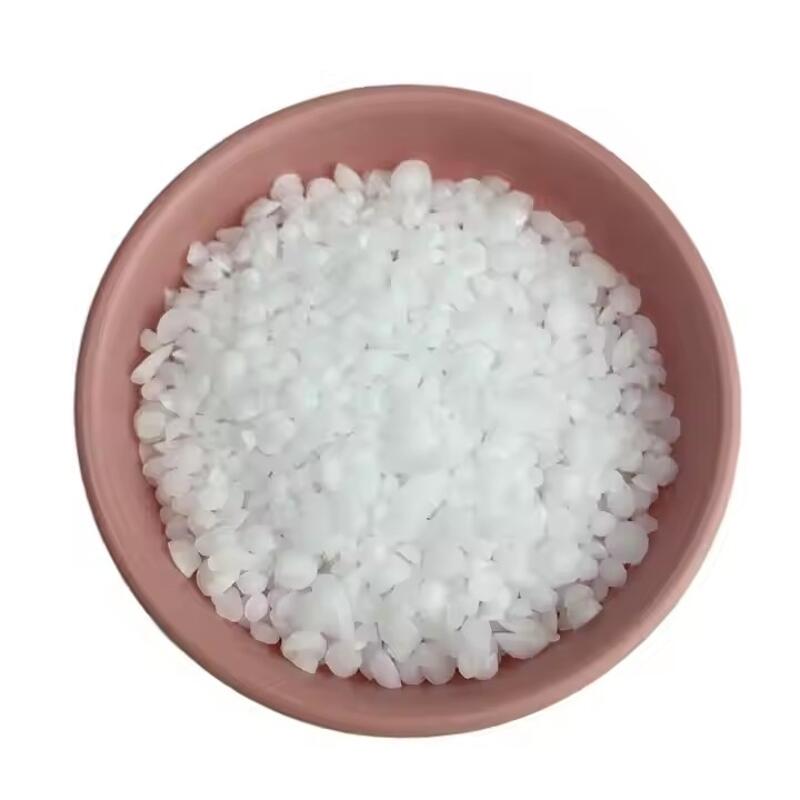-
Categories
-
Pharmaceutical Intermediates
-
Active Pharmaceutical Ingredients
-
Food Additives
- Industrial Coatings
- Agrochemicals
- Dyes and Pigments
- Surfactant
- Flavors and Fragrances
- Chemical Reagents
- Catalyst and Auxiliary
- Natural Products
- Inorganic Chemistry
-
Organic Chemistry
-
Biochemical Engineering
- Analytical Chemistry
-
Cosmetic Ingredient
- Water Treatment Chemical
-
Pharmaceutical Intermediates
Promotion
ECHEMI Mall
Wholesale
Weekly Price
Exhibition
News
-
Trade Service
News about
enzymes during a busy week suggests that enzymes obtained from unused mackerel sites will soon appear in fruit juices, and a Chinese company has announced its intention to use its own enzyme products to enter the food processing industry.40%
of the mackerel caught
is wasted because it is not eaten, and researchers have analyzed the enzymes of the fish in search of ways to use them, hoping to develop new products in a number of applications. These range from cold water detergents and Alzheimer's inhibitors to long-term foods and beverage preservatives in the Asian market.
Lindberg
, a scientist at the
Nofima
research group at the Norwegian Institute of Food, Fisheries and Aquaculture, said in an interview with
FIS
:
"
We are looking for enzymes in mackerel residues and have found
25
of them promising.
"
at least one enzyme is expected to help food and beverages stay longer.Asked why it took so long to find out how unused mackerel enzymes provided a large amount of practical food and good health,
Lindberg
explained:
"
mackerel is a major catch, but not fully studied. I think maybe it's too common.
” At the same time as the new enzyme rangefor food processing,
Fenchem
announced that it will announce its entry into the food processing industry at next month's
Fi
Asia-Indonesia event.
new
The new range will include transglutamine, lipase and papaya protease.china, natural beauty and health company has developed and manufactured active ingredients for the food, food supplement and functional food industries over the past
17
years. A range of new products were launched during the busy summer months, and its European branch in the Czech Republic announced some impressive early results.Fenchem
's transglutamine enzymes can be used as adhesives to improve the structure of protein-rich foods. At the same time, lipase can break down fat into fatty acids, glycerides, triglycerides and glyceroglycerides. It can be applied to the baking industry to improve the structure and flavor of the product. Papaya protease is the most common protease, widely used in food processing, such as roasting, tender treatment of meat and brewing.







